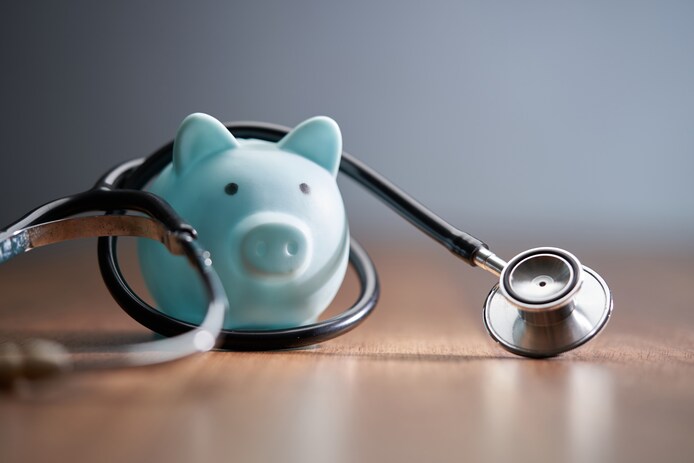Now that health insurance is rapidly becoming more expensive, more voices are calling for a premium that depends on income. What that would mean in 2025, comparison site calculated Zorgverzekeringwijzer.nl.
With a premium of around 160 euros per month that is becoming increasingly difficult to pay for people with a lower income, more and more voices are being raised to make that premium completely dependent on income. Because why does someone with a gross salary of two hundred thousand euros per year pay the same as someone who earns, say, 30,000 euros per year?
Because an income-related health insurance premium was previously on the table, the site decided to investigate that option. In 2012, the then cabinet with VVD and PvdA already put a proposal to a vote in which the premium of the health insurance would be linked to income. The proposal did not make it.
Calculations in 2025
The comparison site used the data from the 2012 coalition agreement and developed a calculation tool with the current figures for 2025, to calculate how much everyone would pay if the health insurance premium were to become fully income-dependent. Currently, working people already pay 5.62 percent in healthcare costs through income. That would go up to 11.1 percent. People with a gross income of 2000 euros per month only have to pay 32 euros. For people who earn 5000 euros gross per month, the premium will increase to 355 euros. And those who have a salary of 8000 euros gross per month have to pay 671 euros in health care premiums.
“We don’t know if this will happen. But something will have to change. We have seen for years that healthcare costs are rising sharply and the basic insurance is going up. That will be untenable,” says Kooning.
The nurse herself also notices that care is changing. Patients who ended up in the emergency room ten years ago with severe abdominal pain were given a blood test and an enema to take home by God’s grace. “Now we do blood tests, make an ultrasound, a CT scan where necessary and people still go home with an enema,” he describes. “People are no longer satisfied with a doctor who says: it’s probably nothing. They want a cause for their complaints and ask for more research. So yes, to a certain extent we ourselves contribute to higher healthcare costs.”
 Kanawu Radio number 1 news portal
Kanawu Radio number 1 news portal

